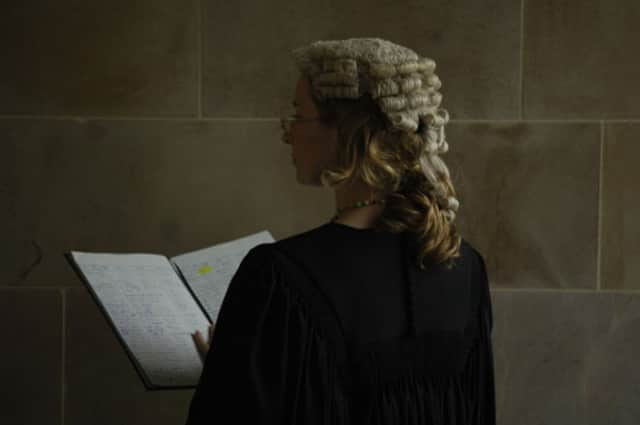Lord Bonomy’s post-corroboration review opens debate


Lord Bonomy has now presented his post-corroboration safeguards review. It was well worth the wait. The review contains important recommendations. Lord Bonomy recommends, for example, that all formal police interviews with suspects at police offices should be recorded by audiovisual means, that the practice of relying on dock identification should be ended and that a trial judge should be able to withdraw a case from the jury where it would not be proper to convict on the evidence presented.
Lord Bonomy was commissioned to consider what additional safeguards and changes to law and practice would be necessary to maintain a fair, effective and efficient criminal justice system if the requirement of corroboration were to be abolished. Some of his recommendations – for example, that corroboration should be retained for hearsay and confession evidence – would only be relevant in that event. However, as he himself observes in the introduction: “It is a striking feature of a number of the measures recommended that they would enhance our criminal justice system, with or without the corroboration requirement”.
Advertisement
Hide AdAdvertisement
Hide AdThe recommendations have been made following deliberation by a reference group of 18 individuals with great collective experience of the criminal justice system from various perspectives. The reference group undertook its work following a major analysis of the issues undertaken by an academic expert group, comprising distinguished academic lawyers.
Given the breadth and significance of the review, the cabinet secretary (Michael Matheson) was right to decide to drop the proposal to abolish corroboration from the Criminal Justice (Scotland) Bill which is currently pending before the Scottish Parliament. It would have been unsatisfactory to seek to add into that bill, at this stage, the provisions proposed by Lord Bonomy, however sound they may be as a matter of policy.
I hope that the bill will now make progress. Part I reflects Lord Carloway’s important recommendations designed to simplify, clarify and modernise the law on arrest and detention. While the Faculty has suggested improvements which should be made to specific features of Part I, it generally speaking welcomes the thrust of these reforms. They have been too long delayed by the controversy over corroboration.
I hope, too, that the cabinet secretary will retain the provision which would increase the majority required for a verdict of guilty from a simple majority to ten out of 15. To convict an accused of a serious crime when seven out of 15 jurors are not persuaded of guilt, even with the safeguard of corroboration, sits uneasily with the requirement of proof beyond reasonable doubt.
Throughout, the Faculty has taken a principled and consistent position in relation to the proposal to abolish corroboration, pointing out the central role which it plays at all stages of our criminal justice system and the dangers of abolishing that requirement without thinking seriously and broadly about the implications.
There is now an important debate to be had about whether, on the one hand, the requirement of corroboration should be abolished – subject to the safeguards which Lord Bonomy has recommended – or whether, on the other hand, the requirement of corroboration should be retained – along with, I would suggest, at least some of Lord Bonomy’s proposals.
The route which events have taken to reach this point has been unusual. However, it has enabled us to have a serious discussion about issues which matter to us all. As a society, I believe that we are the better for having had that debate – and we are also all the better for seeing cogent arguments, moderately and respectfully advanced with a degree of tenacity, ultimately win the day. To my mind, that is a vindication of democracy.
• James Wolffe, QC, is Dean of the Faculty of Advocates www.advocates.org.uk